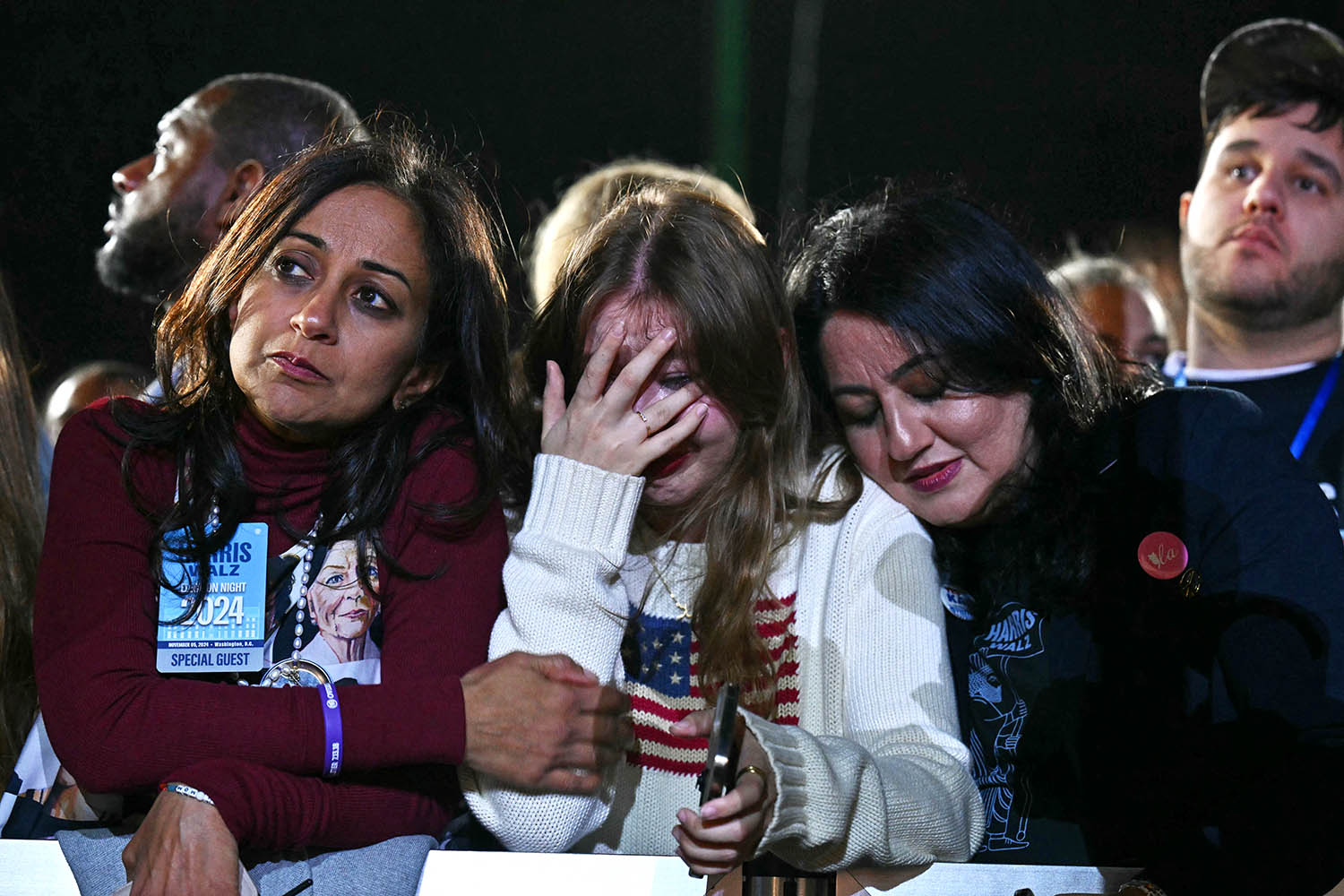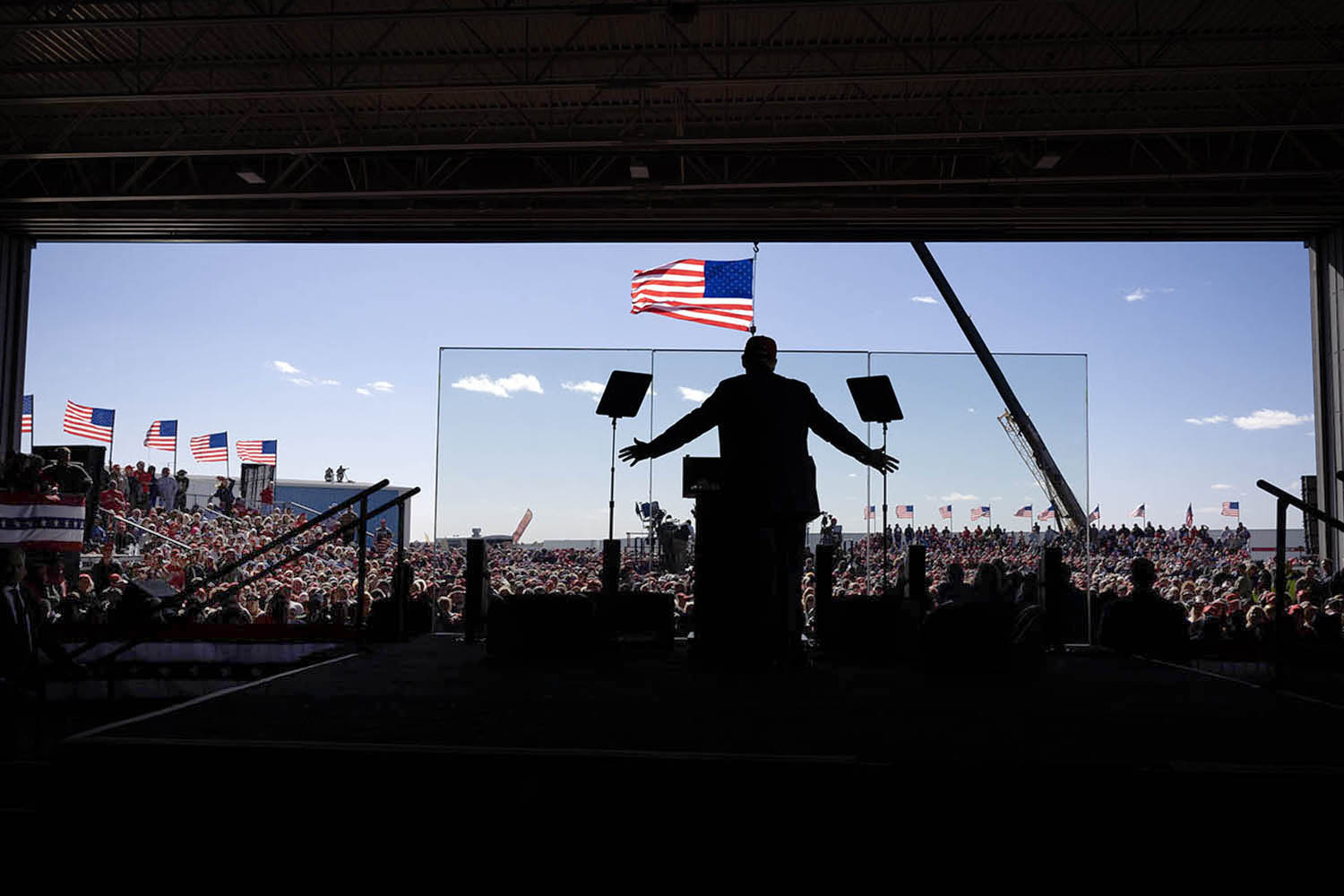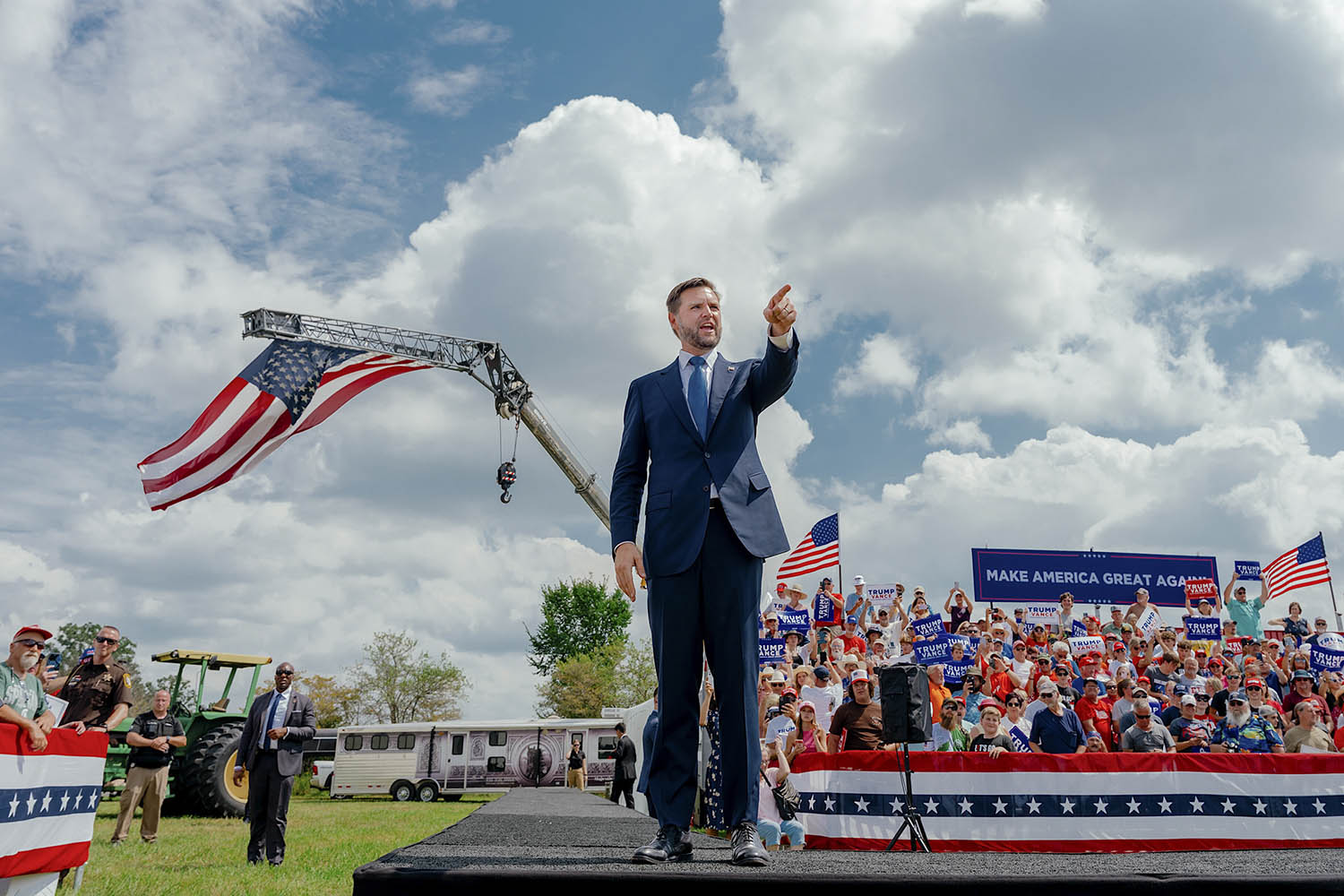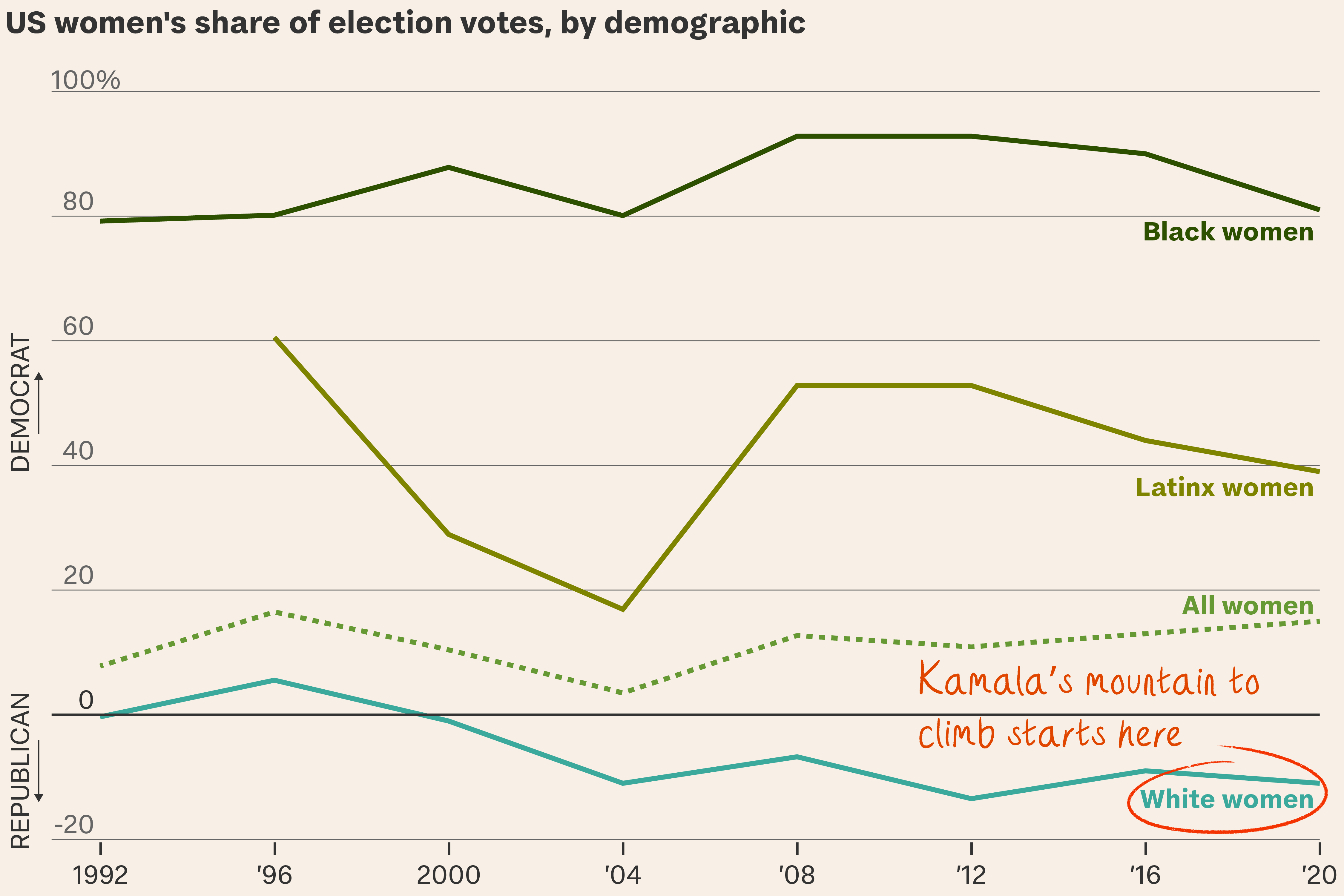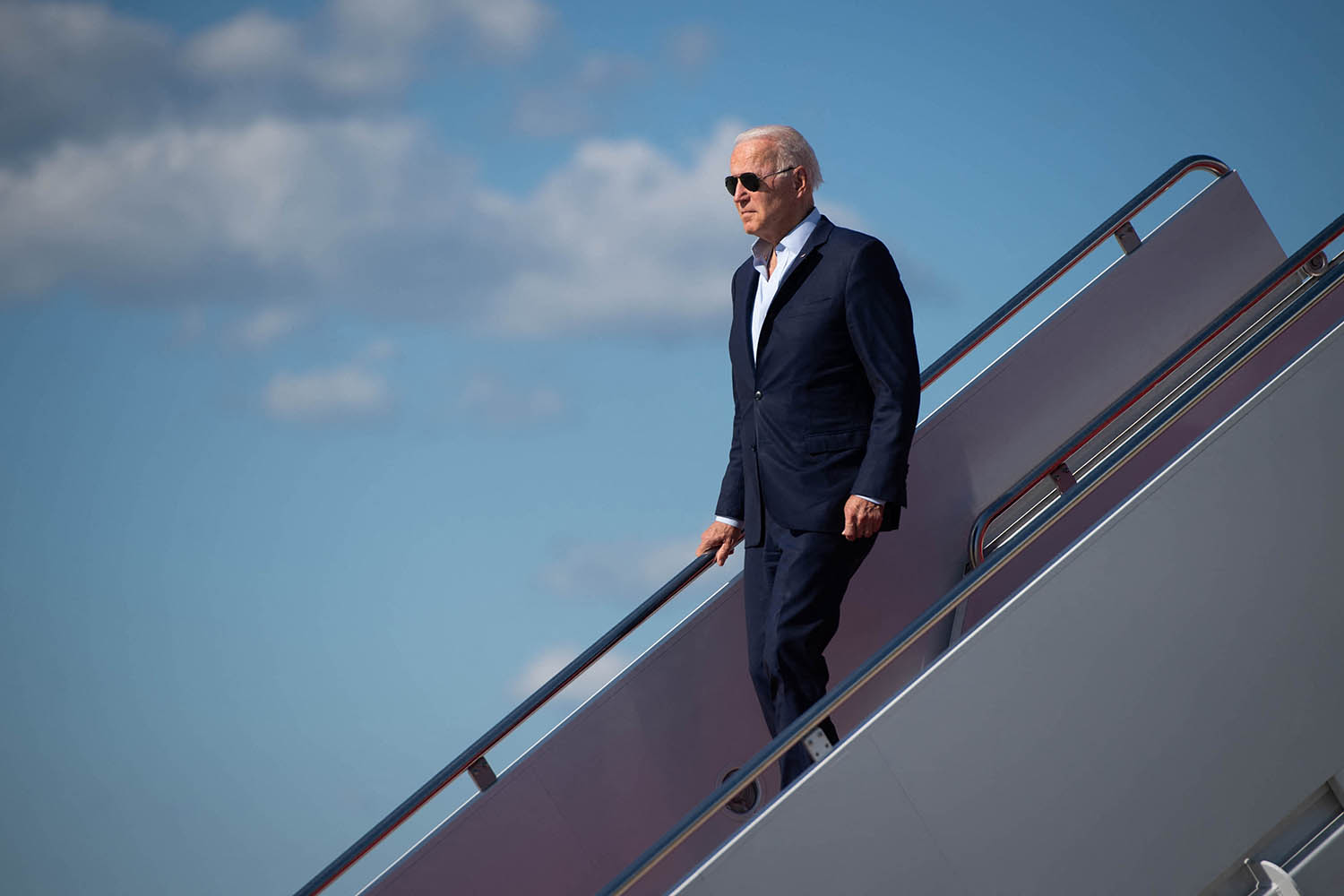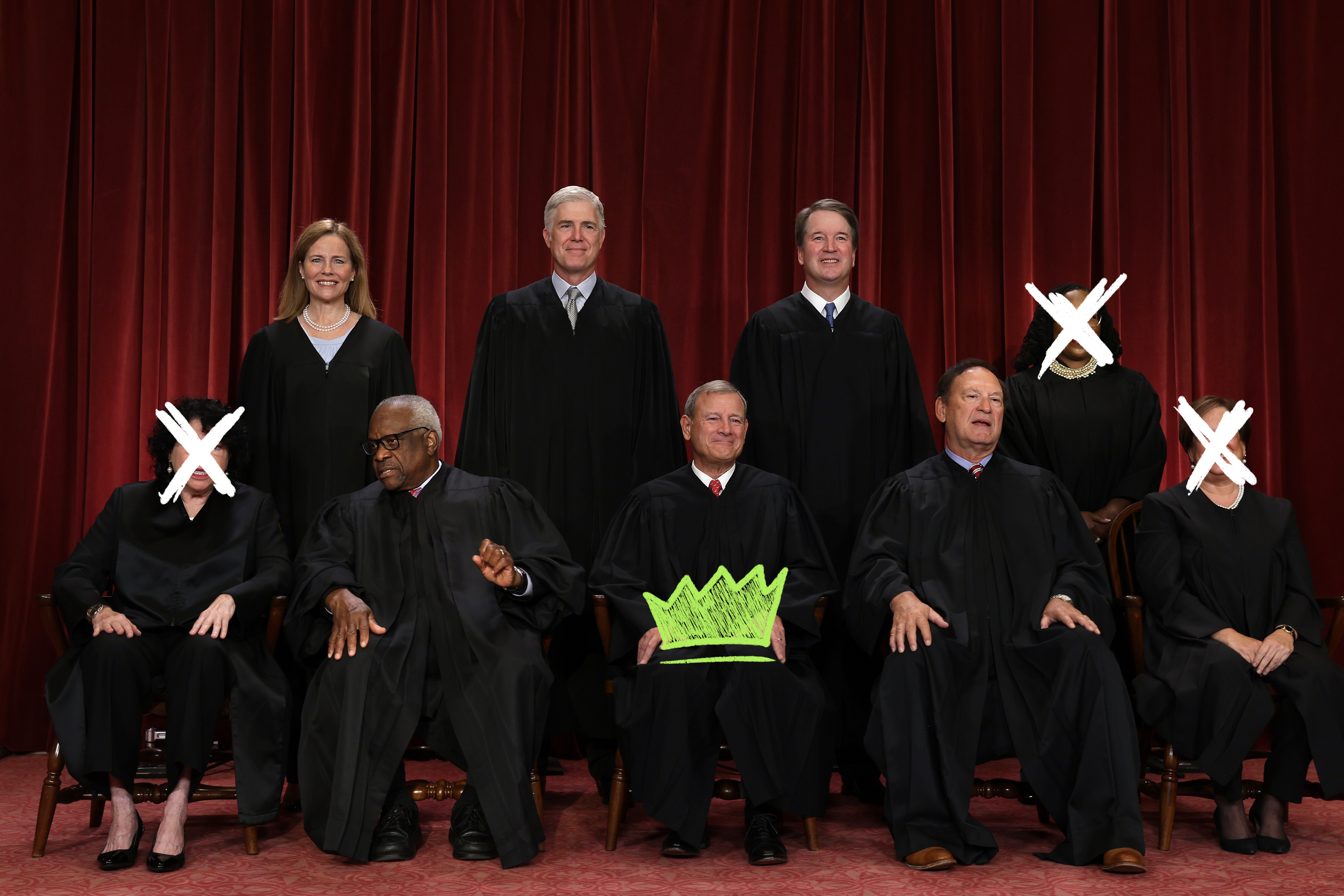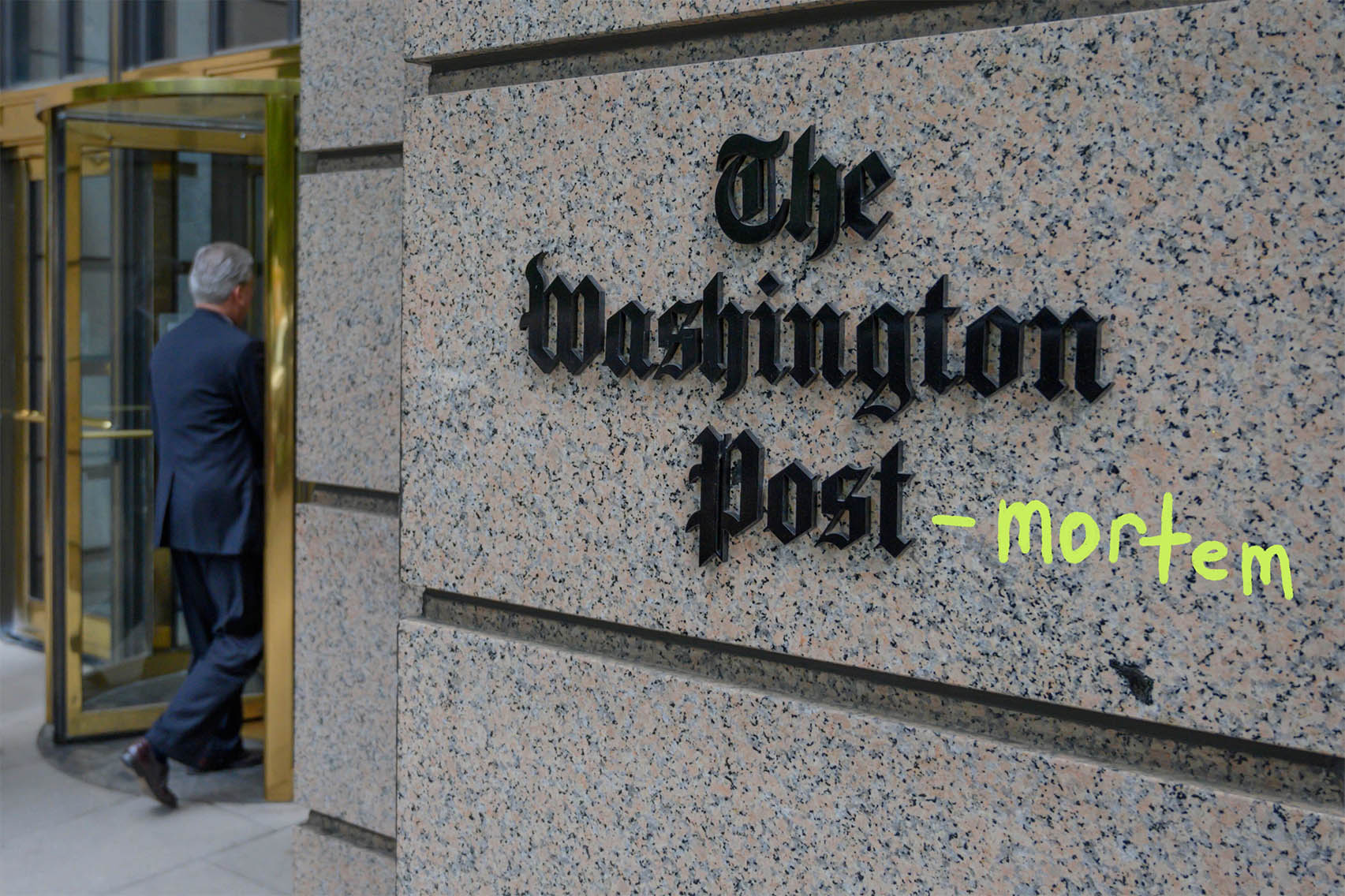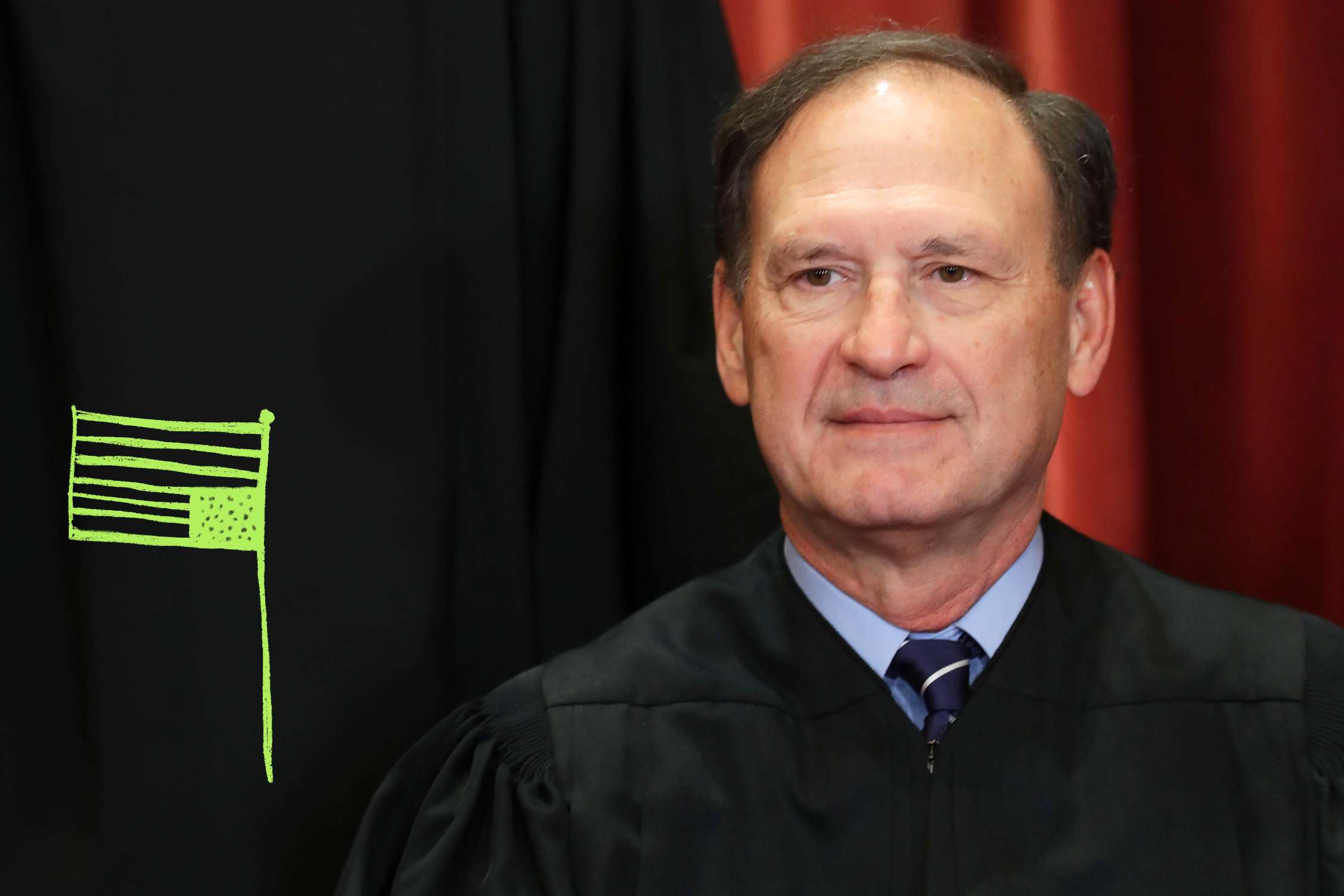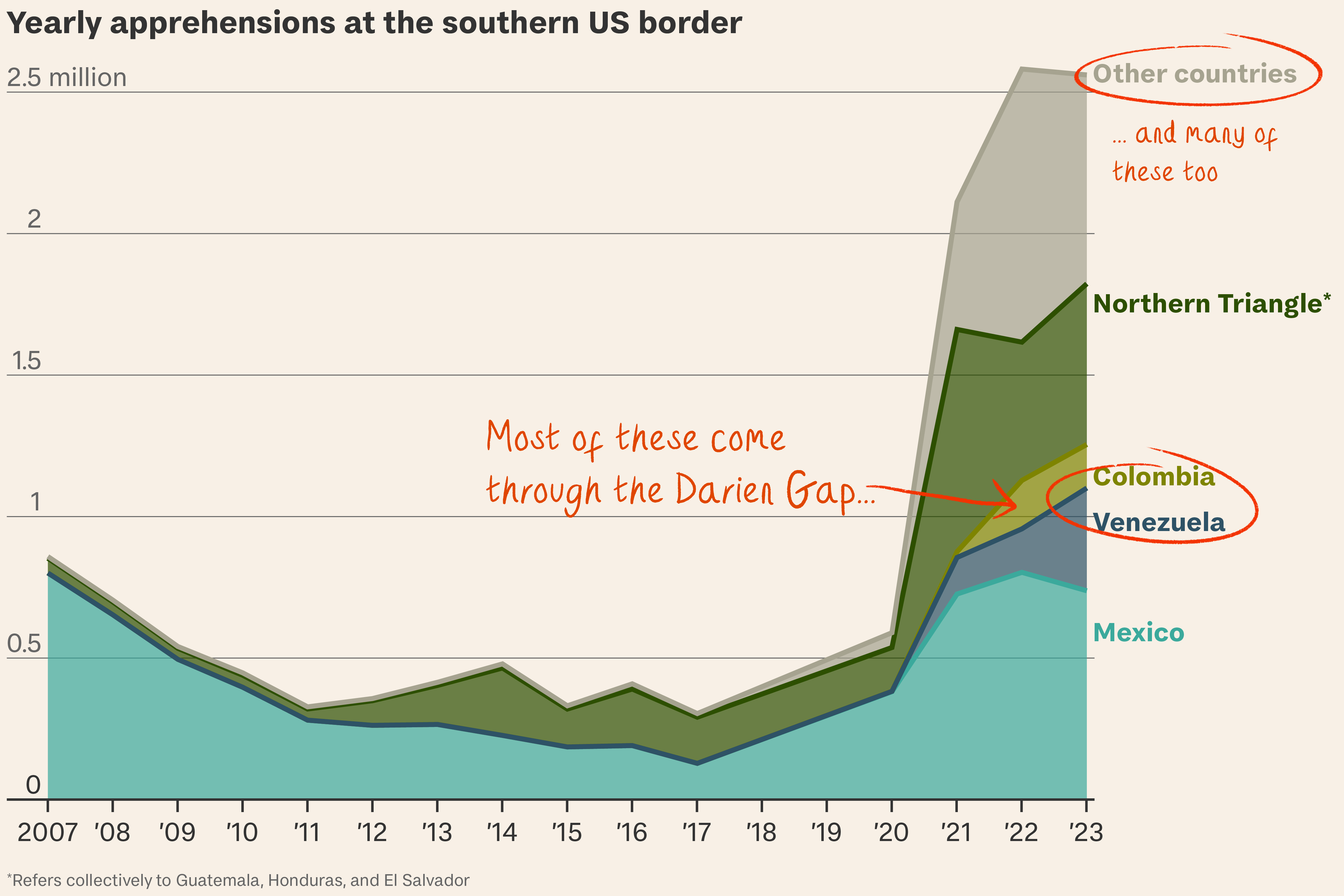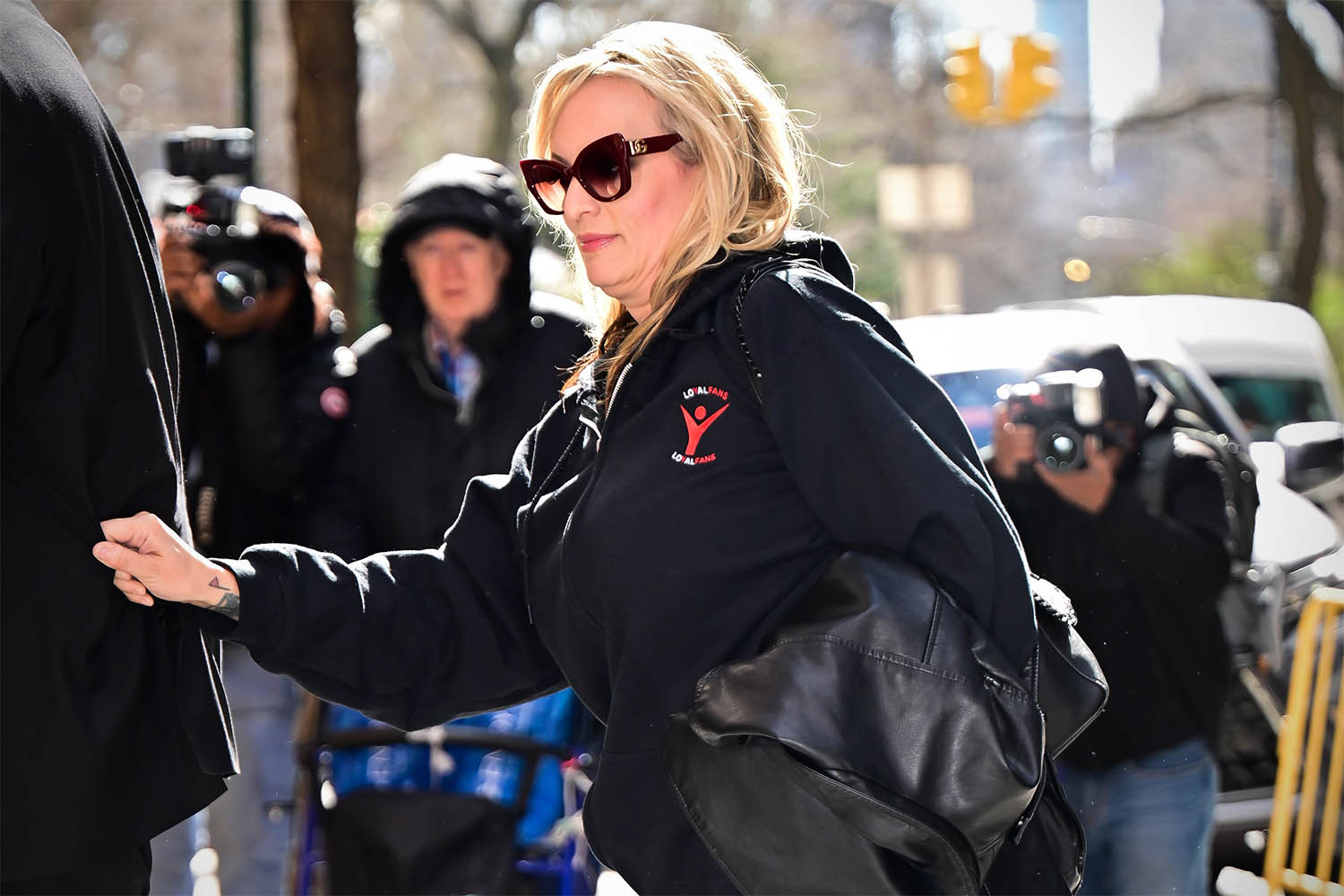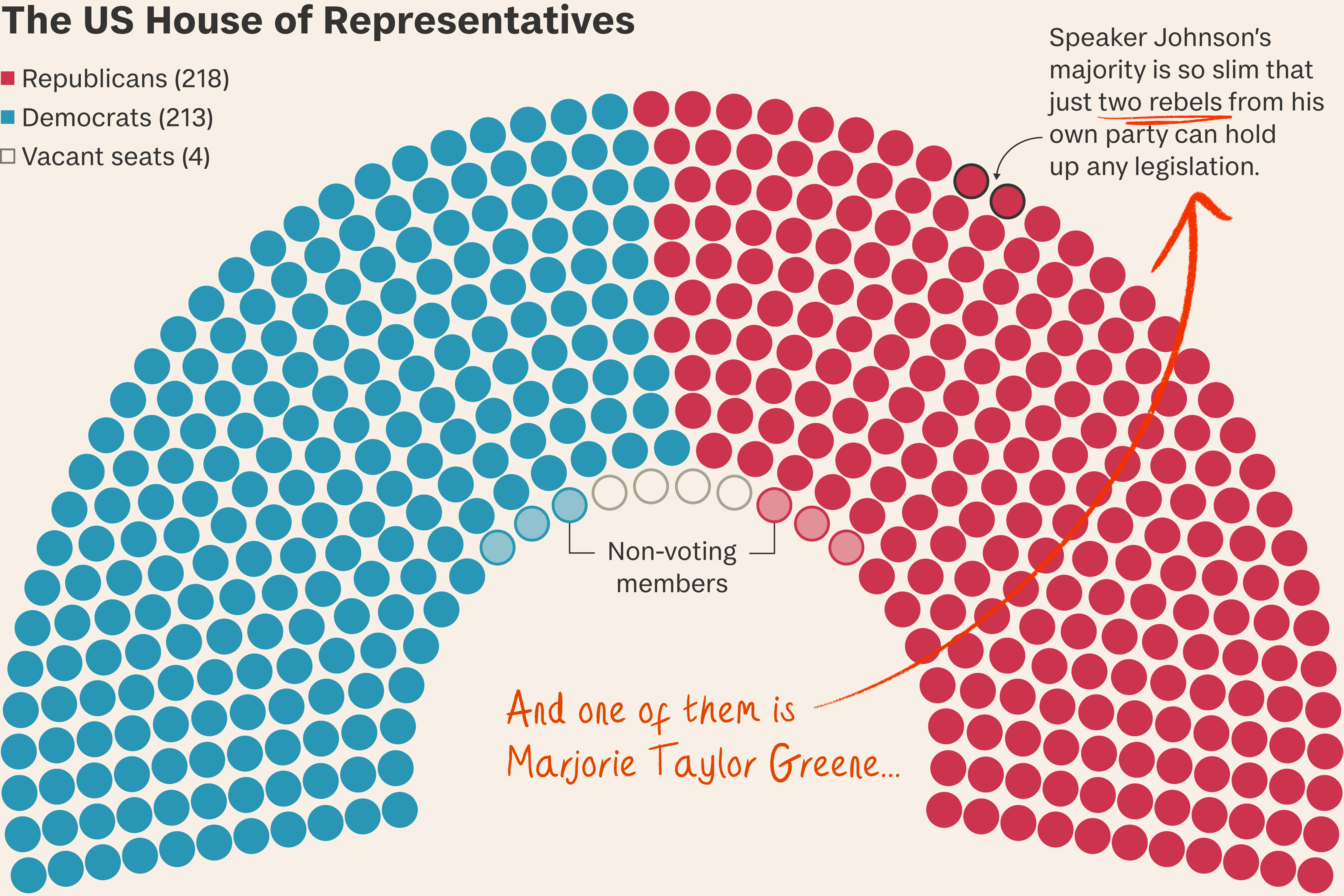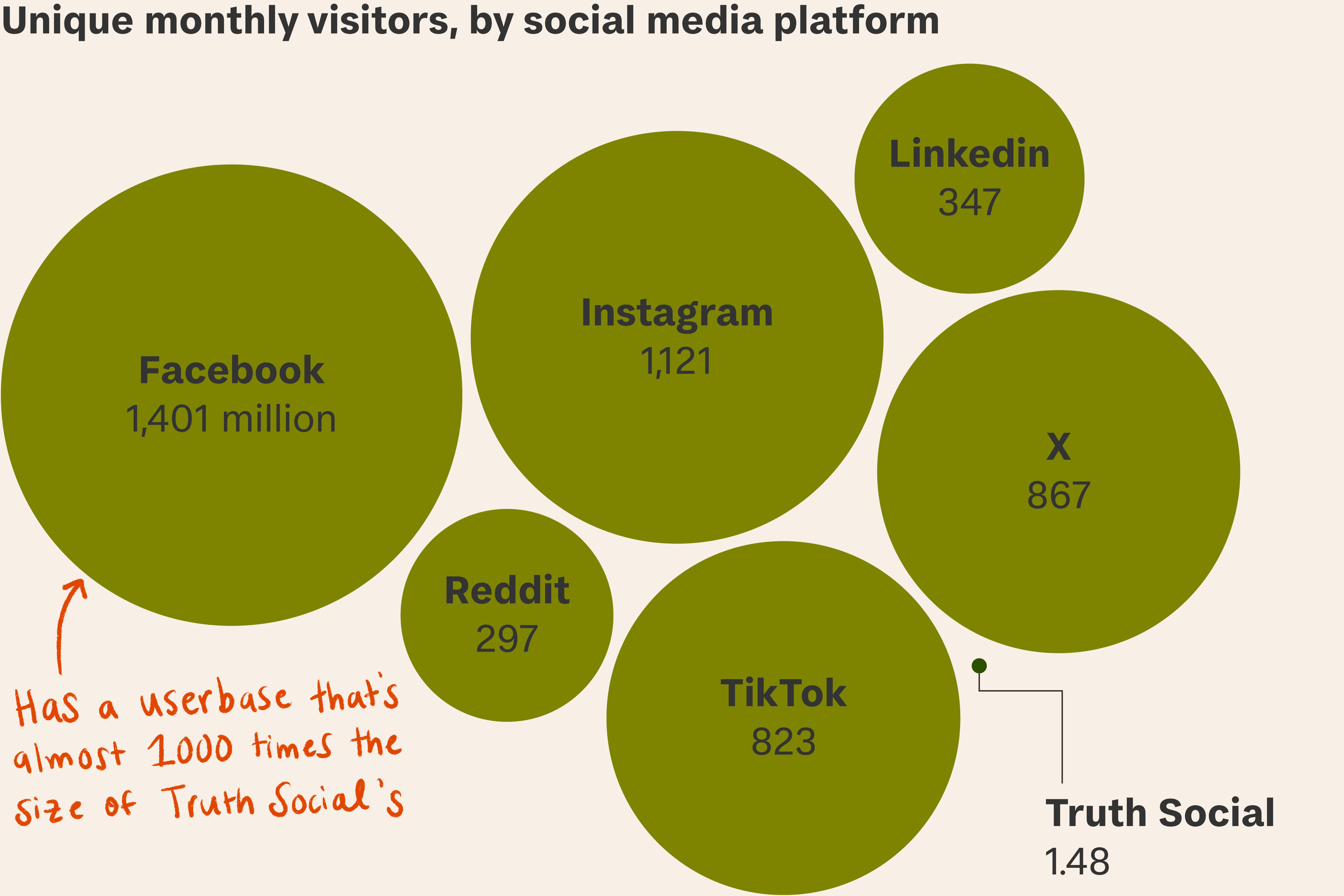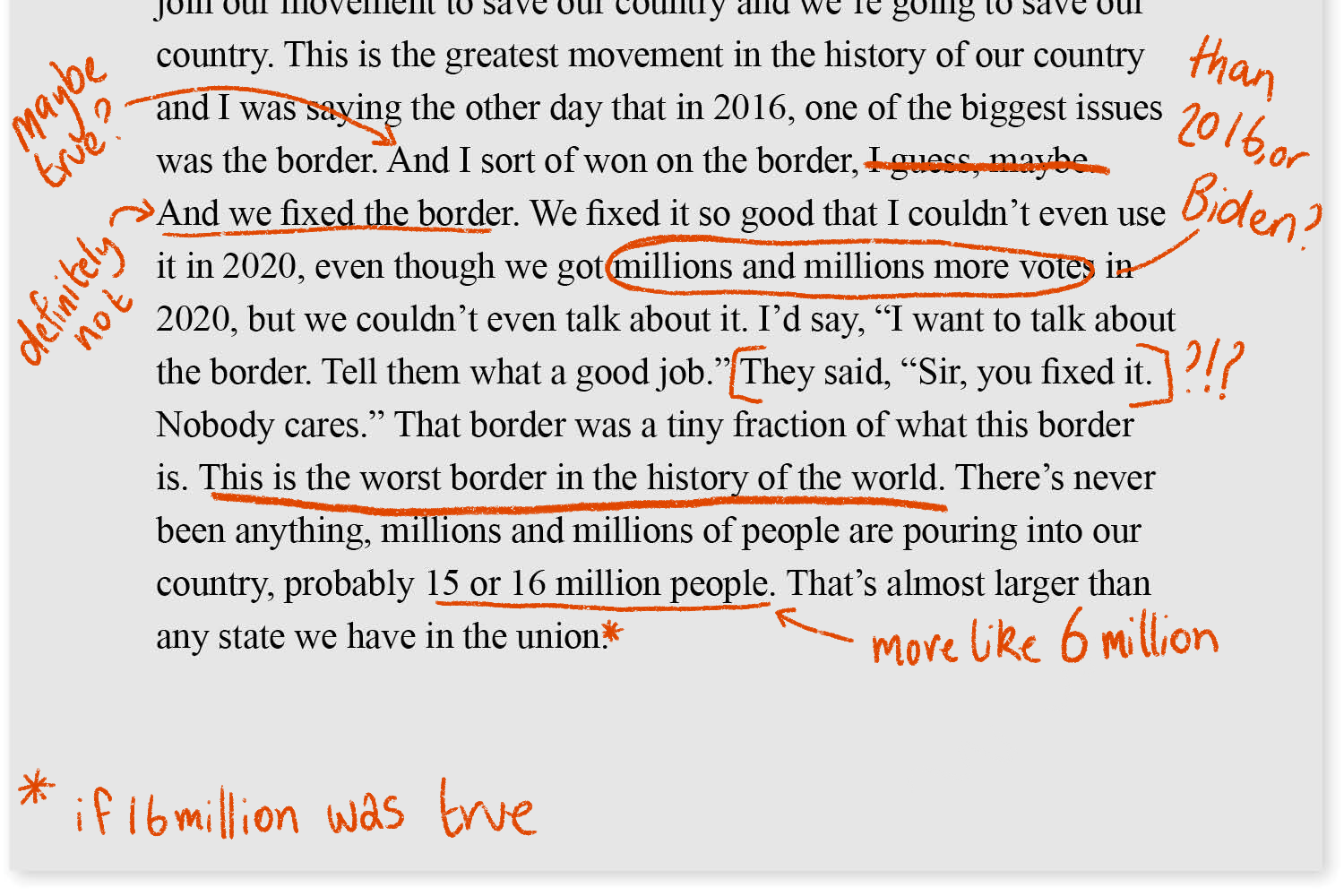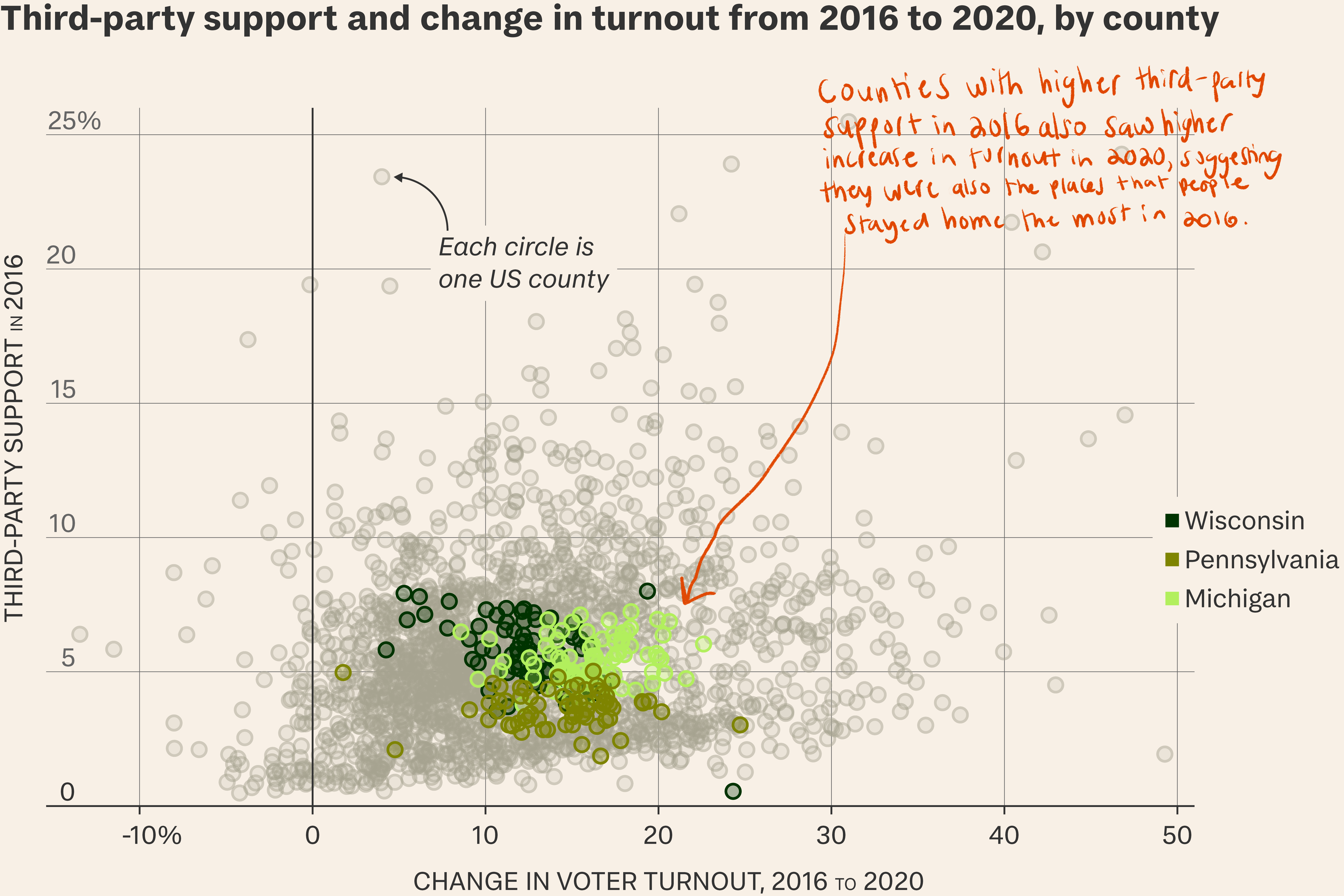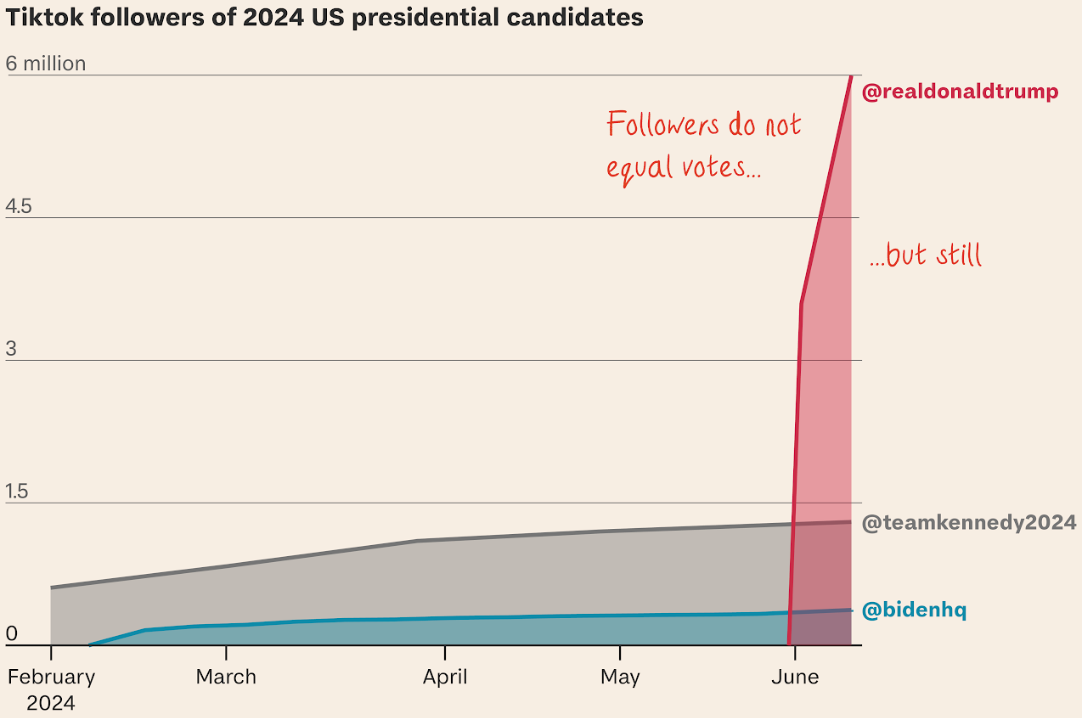
Two old presidential candidates are using it to reach young voters – one more successfully than the other.
Trump and Biden have both tried to ban TikTok in the US because of its Chinese ownership. Now they both have accounts and are vying for attention with dance trends, deepfakes – and each other.
So what? Never mind who owns it – TikTok will help decide who wins the White House in November.
- 62 per cent of US adults aged 18-29 are on it.
- That compares with 33 per cent of US adults overall.
- 44 per cent of 18-29 year-olds regularly get their news from it.
TikTok is where the presidential candidates can best speak to Americans who eschew legacy media: its young demographic is the least likely to keep up with current affairs in newspapers or on TV – and compared with past electoral cycles, it’s tilting to the right.
Right shift. Democrats have long been able to rely on the young and engaged, but polls suggest the milk is souring. Voters aged 18-29 currently lean or identify as Democrat by eight points, down from 21 in 2020 and the lowest since 2005. An April NYT/Siena poll showed Biden beating Trump in this age group by just one point. This spells trouble for the Democrat in battlegrounds like Michigan, where midterm youth turnout was higher than in any other state.
Is Trump twerking? Not yet, but he’s started posting. Trump created a TikTok account earlier this month and quickly amassed six million followers. His first video showed him arriving at an Ultimate Fighting Championship fight in New Jersey. Pugilism may become a running theme: he’s reportedly weighing up an invitation from Jake Paul to be ringside for Paul’s boxing match against Mike Tyson next month.
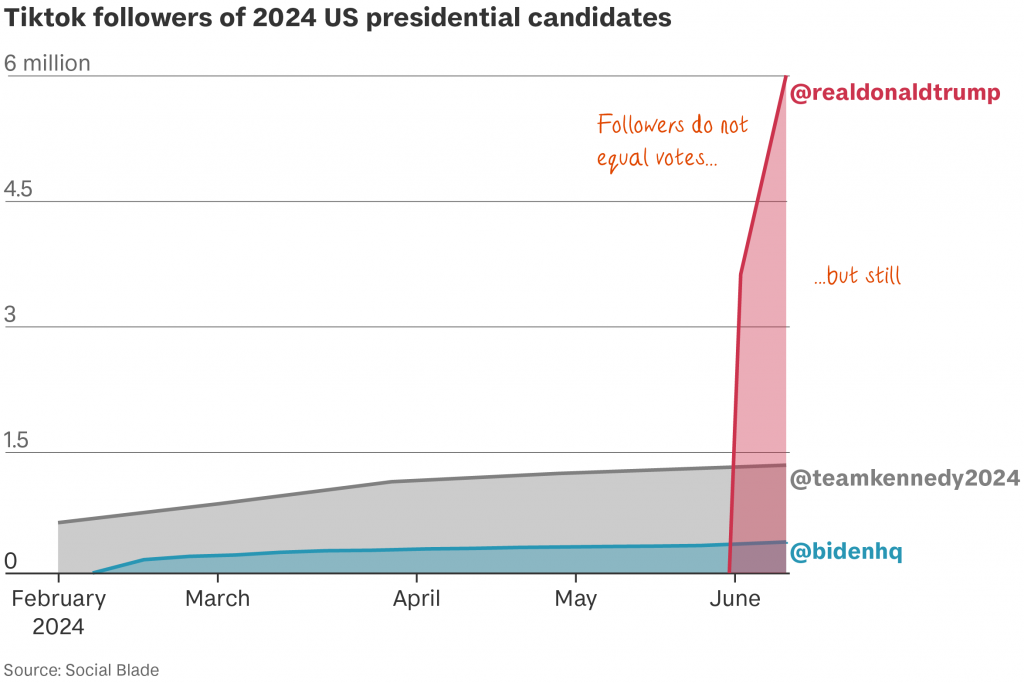
What about Biden? The Biden campaign was ahead of the game, joining TikTok in February, but @bidenhq has just 370,000 followers. This makes Biden a mid-ranking influencer at best.
But wait. Biden’s own account only scratches the surface of his TikTok strategy. This year’s State of the Union was viewed by 32 million people across the US, but ahead of the speech Biden briefed influencers who collectively have over 100 million followers. Biden walked by some of them on the balcony on his way to the address. He joked: “Don’t jump, I need you.”
White House hype house. It wasn’t long ago that Mike Bloomberg was mocked for paying Instagram users $150 to post memes about him and his ill-fated presidential run. Now the courting of popular creators is baked into Biden’s re-election plan.
- The White House has hosted influencer parties.
- TikTokers have been invited to press events and are front-and-centre at political fundraisers.
- A Democratic PAC is spending $1 million to enlist influencers and Biden’s campaign team has hired staffers who are focused on “digital persuasion”.
The jury is out on whether Trump’s direct or Biden’s more indirect approach will be more successful. “Content creators and influencers are people that a lot of young voters are getting their information from,” says Mia Logan, a digital strategist who worked to get people of colour to the ballot box in 2020. “I do think this is the best way to inform them.”
Ashley Renne, an activist who attended White House events before turning against Biden over Gaza, is less convinced. “We don’t really hear from Biden,” she says. “Gen Z can see through that. He needs to connect with people instead of relying on other people to do it for him.”
Here’s the rub. Owing in part to his support for Israel’s war in Gaza, Biden can no longer rely on celeb endorsements to win over young people. For every De Niro or Clooney who supports him, there’s a Cardi B or Macklemore who says they won’t.
Trump, a convicted felon, isn’t an easy endorsement either. It’s this shared unpopularity that is forcing an 81-year-old and a 77-year-old to make their own cases in the alien waters of bag balm and hobby horses.
What’s more… Biden will have to hope that hypocrisy isn’t a turn-off. He’s still supporting a TikTok ban.


